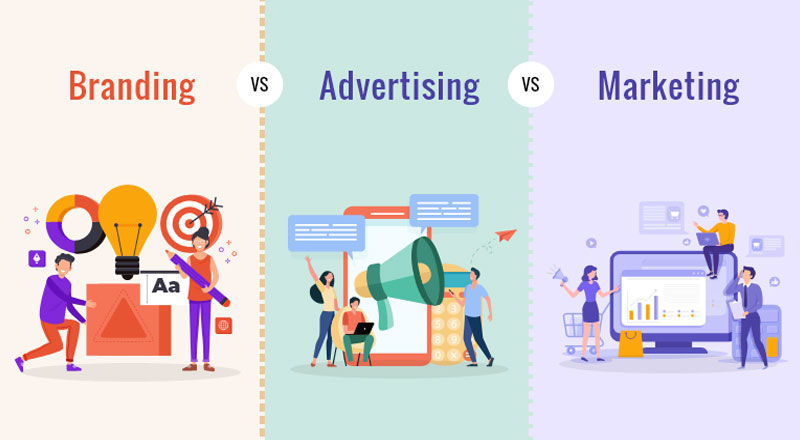Walmart has signed definitive agreements to become the largest shareholder in Flipkart Group. The investment will not only help accelerate Flipkart’s customer-focused mission to transform e-commerce in India but will also underscore Walmart’s commitment for job creation and investment in India.
Much is already talked about Walmart-Flipkart deal and smaller retailers feeling threatened about their existence. Instead, shouldn’t they seek this as an opportunity to optimize their businesses while adopting newer innovations and technologies, says Desi Valli, Founder and CEO – Netree.
How do you see the Walmart-Flipkart deal from a growth perspective of the Indian e-commerce industry?
The Walmart-Flipkart deal will usher a new era in retail domain. The consumers, who always had issues with respect to the delivery of products should expect better services. The two brands will capture the mindshare of consumers by their complementing capabilities both in terms of customer-centric approach and price competitiveness, including best prices, efficient supply chain, sourcing and inventory management. This will create job opportunities and demand innovative technological solutions for management of vendors and inventory. The deal will set a momentum for start-ups offering disruptive solutions.
How should Indian small retailers react to this and what should be their preparedness?
The Walmart-Flipkart deal should be seen as an opportunity by the small retailers. They should use this chance to optimise their business by using the experience and expertise of bigger players. Giant players of the retail industry have accepted technology with arms wide open to captivate and secure customers and made optimum use of technology to optimise their respective businesses. In order to grow faster, they should upgrade their technology according to the evolving dynamics of the marketplace. Acceptance of technology is a must to respond to the changing trends in the retail sector.
What is ‘FOOP’ all about and how is it going to help retailers address the current market demands & challenges?
FOOP is a unique engagement platform that helps brands, distributors and retailers to connect, promote and transact between each other in retail value chain and also, directly with customers. One could be retailer, distributor wholesaler, brand / manufacturer or even consumer, FOOP allows an individual to engage directly with anyone in retail community. The platform reduces communication and operational gaps between a brand and its consumers. It’s a simple app to download and use.
One of the big advantage is transparency checks and leakages in the system. And other is the Direct Benefit Transfer (DBT) of the schemes and coupons offered by brands which is motivating for consumers.
How will technology help in transparent communication among the retail chains and further help in promotions and leak-proof transactions?
Technology has always been the most effective mean to ensure transparency. It is being utilized and enhancements have been proved. Considering the race of retail organizations to bag maximum buyers, technological integrations can’t be ignored. Also, it helps in direct communication with everyone in the retail value chain, which reduces the communication and operational gaps between a brand and its consumers, ensuring consistency and transparency.
How do you foresee the Indian retail & e-commerce industry going forward? How can a platform like ‘FOOP’ help stabilize this industry?
Indian retail and e-commerce industry is dynamic in nature and blooming day by day. With different technological platforms being floated in the market, transformation and upgradation of the sector is continually taking place. Here, platforms like FOOP, not only help small retailers to survive and flourish in the retail business, but enrich online shopping experience of customers, while collecting and analyzing customer data to strike differentiation. And, at the same time, a good retail tech platform averts leakages in the entire supply chain, right from the big brand to retailer, distributer, to end consumers.





